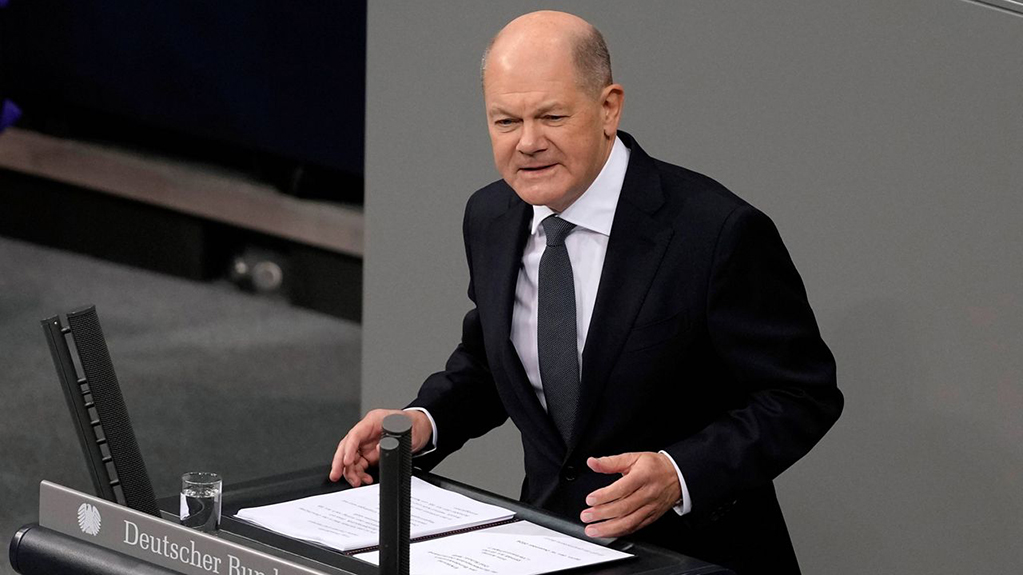Following the collapse of Germany's ruling coalition, the Bundestag (parliament) has formally passed a vote of no confidence in Chancellor Olaf Scholz's government, a prerequisite for early elections.
News
Scholz addressed the Bundestag on December 11, and the vote was held on Monday, December 16. According to Deutsche Welle, in the history of the Federal Republic of Germany, chancellors have asked the Bundestag for a vote of confidence five times - the last time being in 2005, when Chancellor Gerhard Schröder was in office, and even then, the vote was followed by early elections.
Social Democrat Olaf Scholz was supported by only 207 deputies, while 116 abstained, and the majority - 394 members of the Bundestag - voted against him.
The vote of no confidence was supported by the conservative blocs of the Christian Democratic Union (CDU) and the Christian Social Union (CSU), as well as the Free Democratic Party (FDP). The left-wing populist Sarah Wagenknecht Alliance (SSV) and the far-right Alternative for Germany (AfD) also voted against Scholz.
On November 6, Chancellor Olaf Scholz dismissed Finance Minister and Free Democratic Party (FDP) leader Christian Lindner, leading to the resignation of almost all liberal ministers and the collapse of the ruling traffic light coalition. The coalition consisted of three parties: the Social Democratic Party (SPD), the Free Democrats (FDP), and the Greens.
Following the vote of no confidence, Olaf Scholz visited President Frank-Walter Steinmeier in Berlin to request the dissolution of parliament and the calling of early elections. He will continue to serve as head of government.
The Bundestag's early elections will be held on February 23. The elections were originally scheduled for the end of September 2025.















